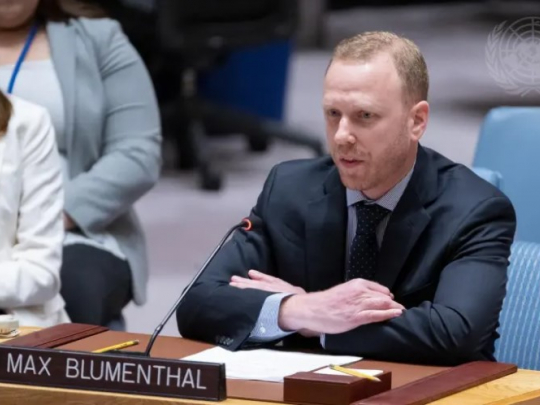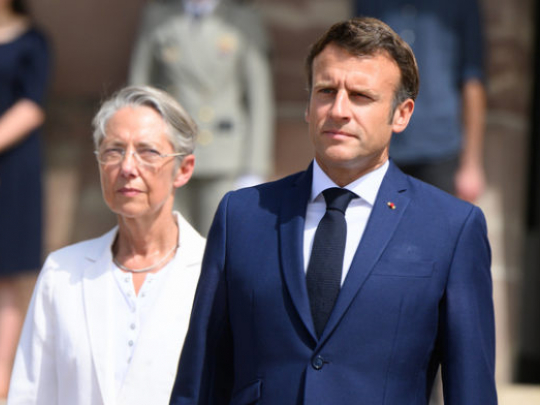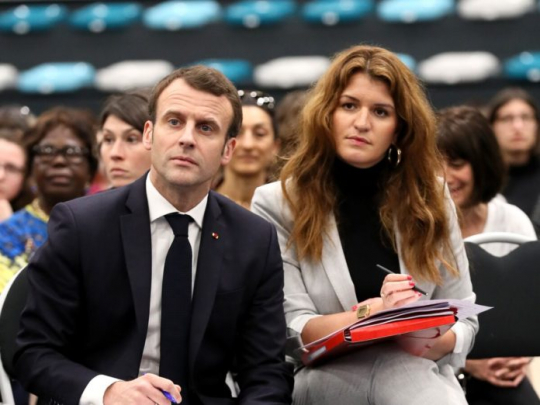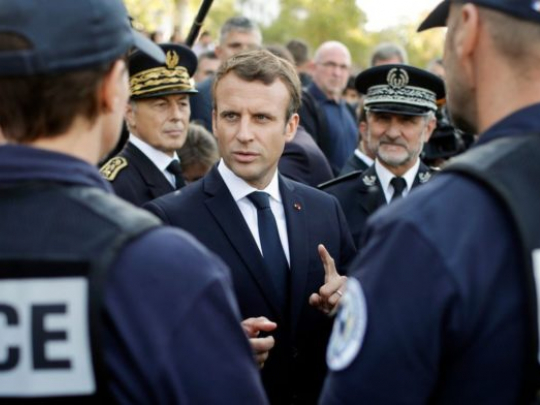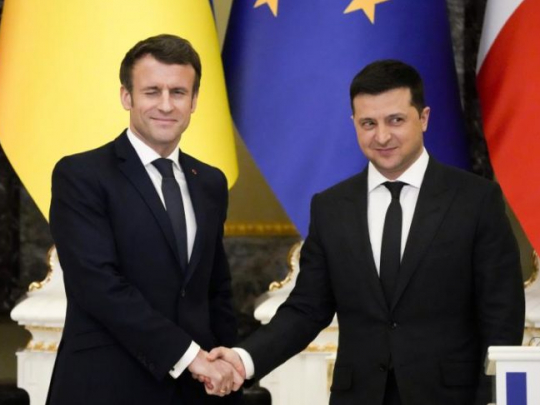France Prepares To Nationalize Its Struggling Nuclear Industry
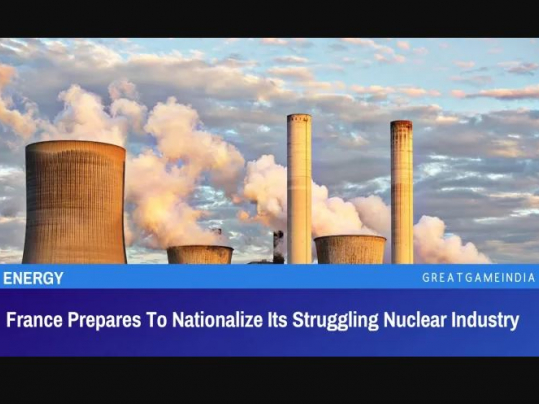
As the output of nuclear energy in France has reached an all-time low, France is now preparing to nationalise its struggling nuclear industry.
Électricité de France (EDF), which is now 84% controlled by the French government, is in the process of being fully nationalised at the same time that the company expects a sharp decline in profitability. EDF just drastically boosted that predicted loss to a staggering 29 billion Euros after previously alerting investors that its core profits will suffer this year (normally here we would say how much that is in dollars, but the European economy has taken such a downturn – largely thanks to energy woes – that the values of the Euro and the Dollar are virtually identical). A string of unexpected occurrences that resulted in the record-breaking shutdown of more over half of EDF’s 56 reactors caused the overall loss.
The worst time possible has seen a number of problems in France’s nuclear sector. The Covid-19 pandemic, a “series of maintenance issues including corrosion at some of France’s ageing reactors, problems at state-controlled energy group EDF and a years-long absence of significant new nuclear investment” are all causing delays and stoppages in the industry, according to reporting from the Financial Times over the summer. Since that FT article was published, the issue has gotten worse as rivers across Europe have dried up due to a severe drought, leaving some nuclear power facilities in France and Switzerland without enough water to maintain their cooling systems.
The output of nuclear energy in France has so reached an all-time low. For the country, which gets approximately 70% of its energy from nuclear power, this is a serious problem. France is a net exporter of energy in general, thanks to its strong and historically dependable nuclear industry. In a historically competitive market, it is currently obliged to import energy. Due to a game of chicken with Moscow, the European continent is currently confronting a crisis of skyrocketing energy prices. The European Union has been seeking to reduce its dependency on Russian fossil fuels in the wake of Russia’s invasion of Ukraine with the goal of imposing energy sanctions on the Kremlin. In response, Russia’s Gazprom has indefinitely stopped supplying natural gas to the continent through the Nord Stream 1 pipeline, alleging its own dubious maintenance schedule problems.
Because of the political tussles with Russia, the timing of the French nuclear collapse is all the more sad. With the highest production rates per capita and an evangelical passion for nuclear energy development to shore up energy security in the age of climate change, France has long served as the global poster child for nuclear energy. The perilous reliance on Russian gas supplies, which made the continent’s energy security so precarious, had nothing to do with France. In fact, it has taken pleasure in the energy independence that nuclear energy helped to create. However, French nuclear has now failed to save the day at the crucial moment.
The French government will now attempt to fully acquire EDF in an effort to seize control of the company and steer it in the right direction. The French government is anticipated to begin a tender offer in the coming weeks for the remaining 16% of the company it does not already own so it may unilaterally (and covertly) decide on the construction of additional reactors and deal with the numerous problems with the current fleet. The Financial Times adds that “People close to the operation have said the company’s financial woes have added to incentives to remove it from the glare of markets.”
EDF has stated that it hopes to have the whole fleet operational by the beginning of the next year. The corporation, which is already severely indebted, will have to take on a great deal more debt to accomplish this, at a time when it is already being scrutinised for operational mistakes and oversights. The troubles in France are ultimately not related to nuclear power at all, but rather to poor management.
- Source : GreatGameIndia




